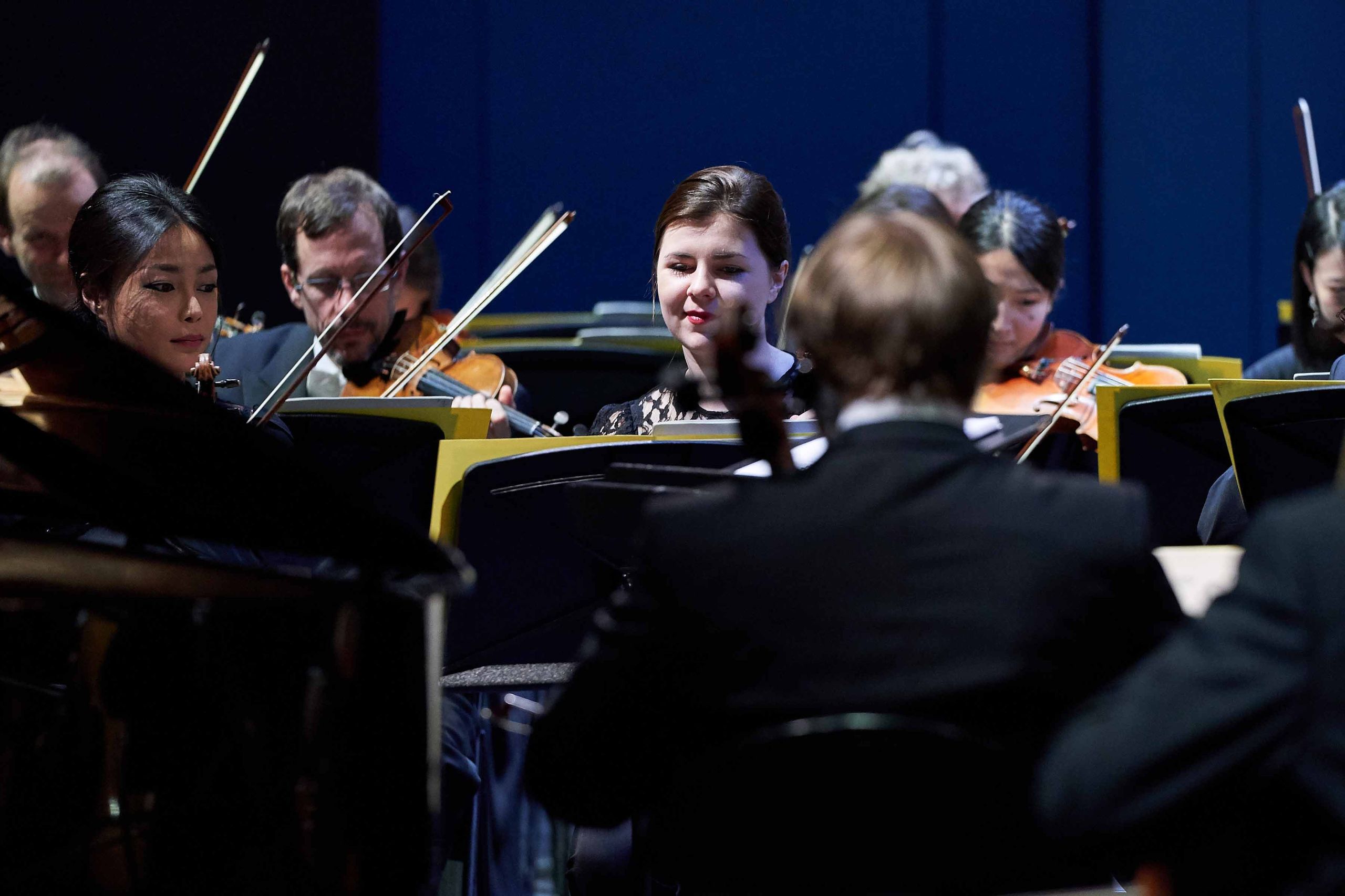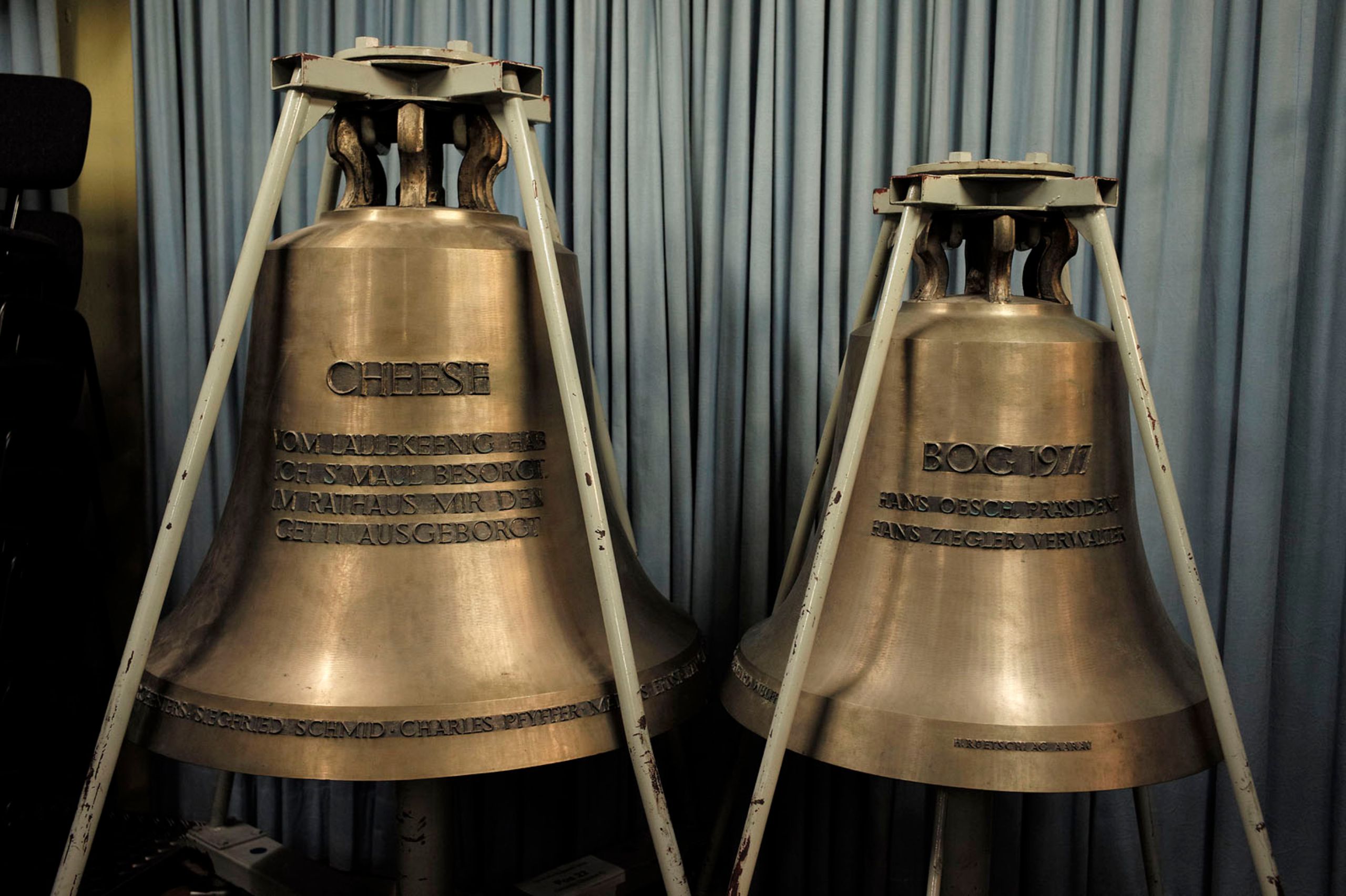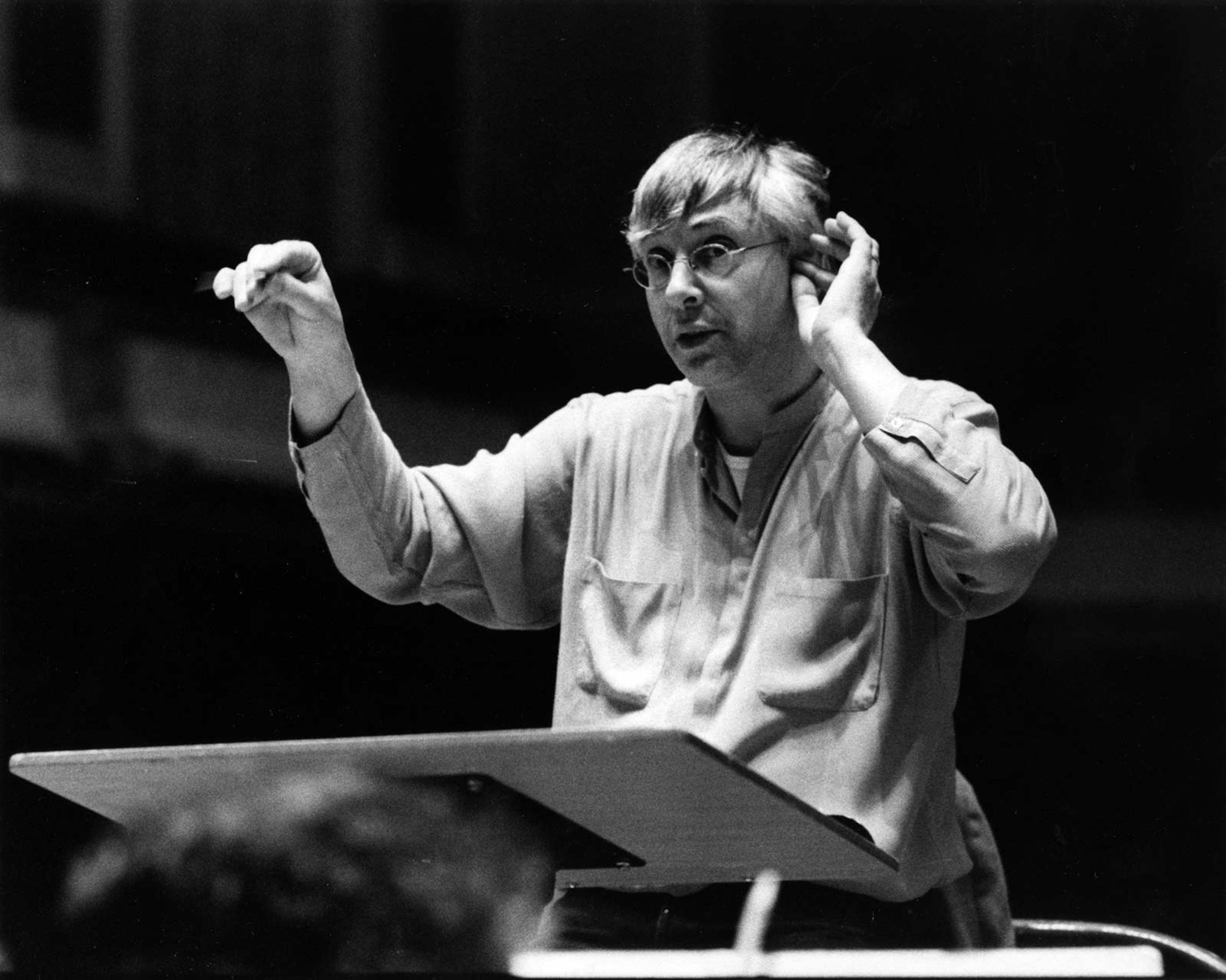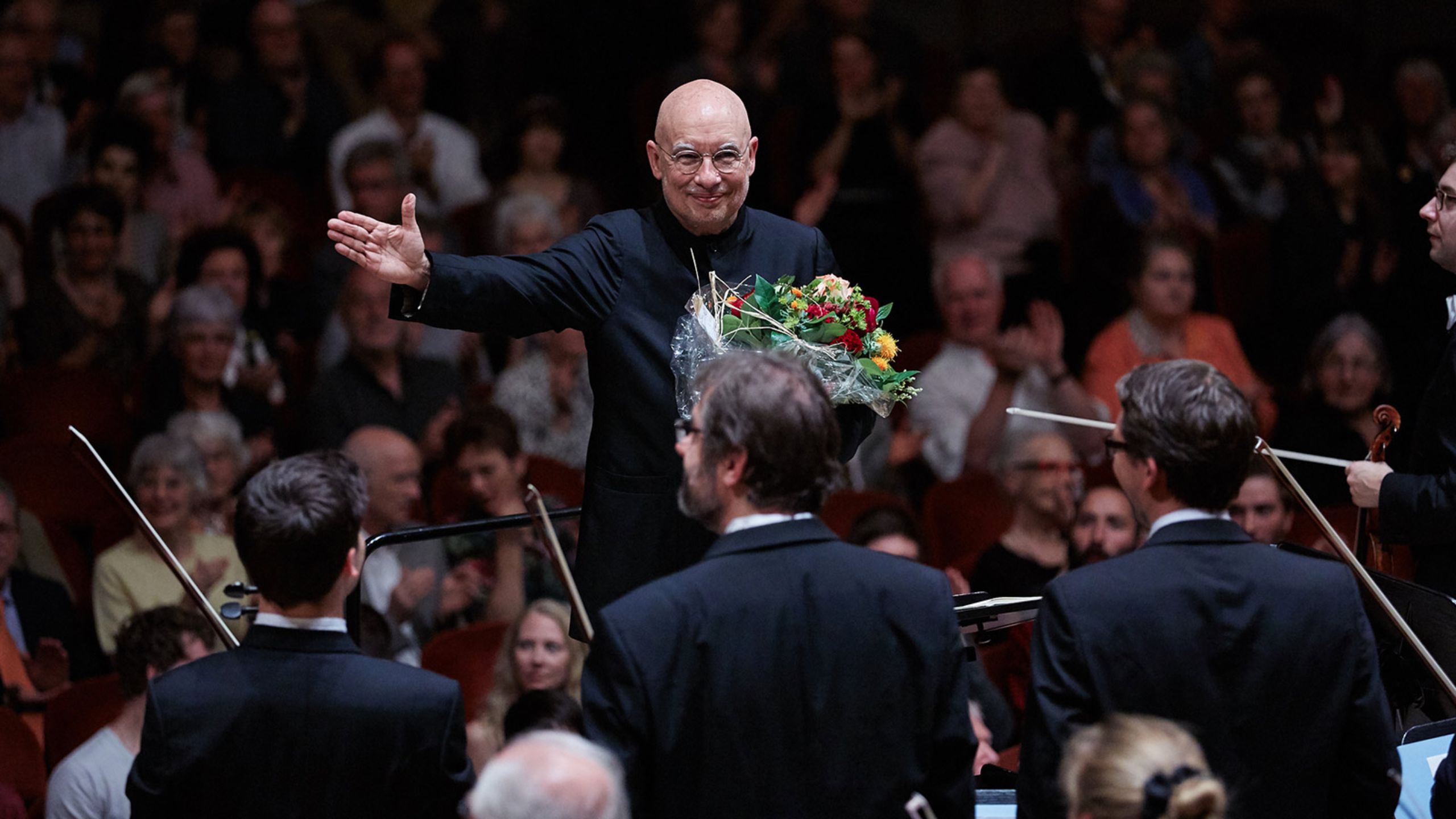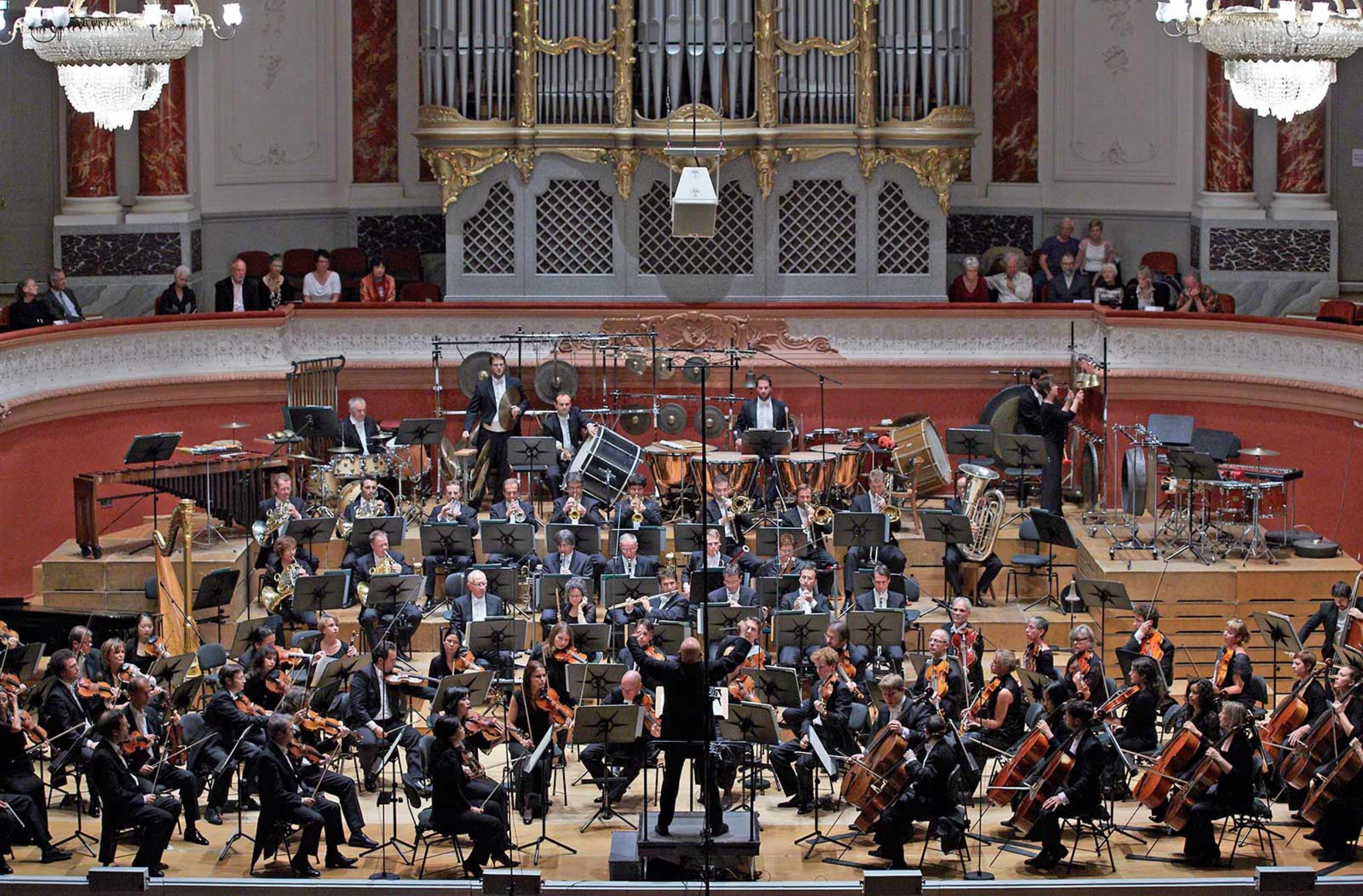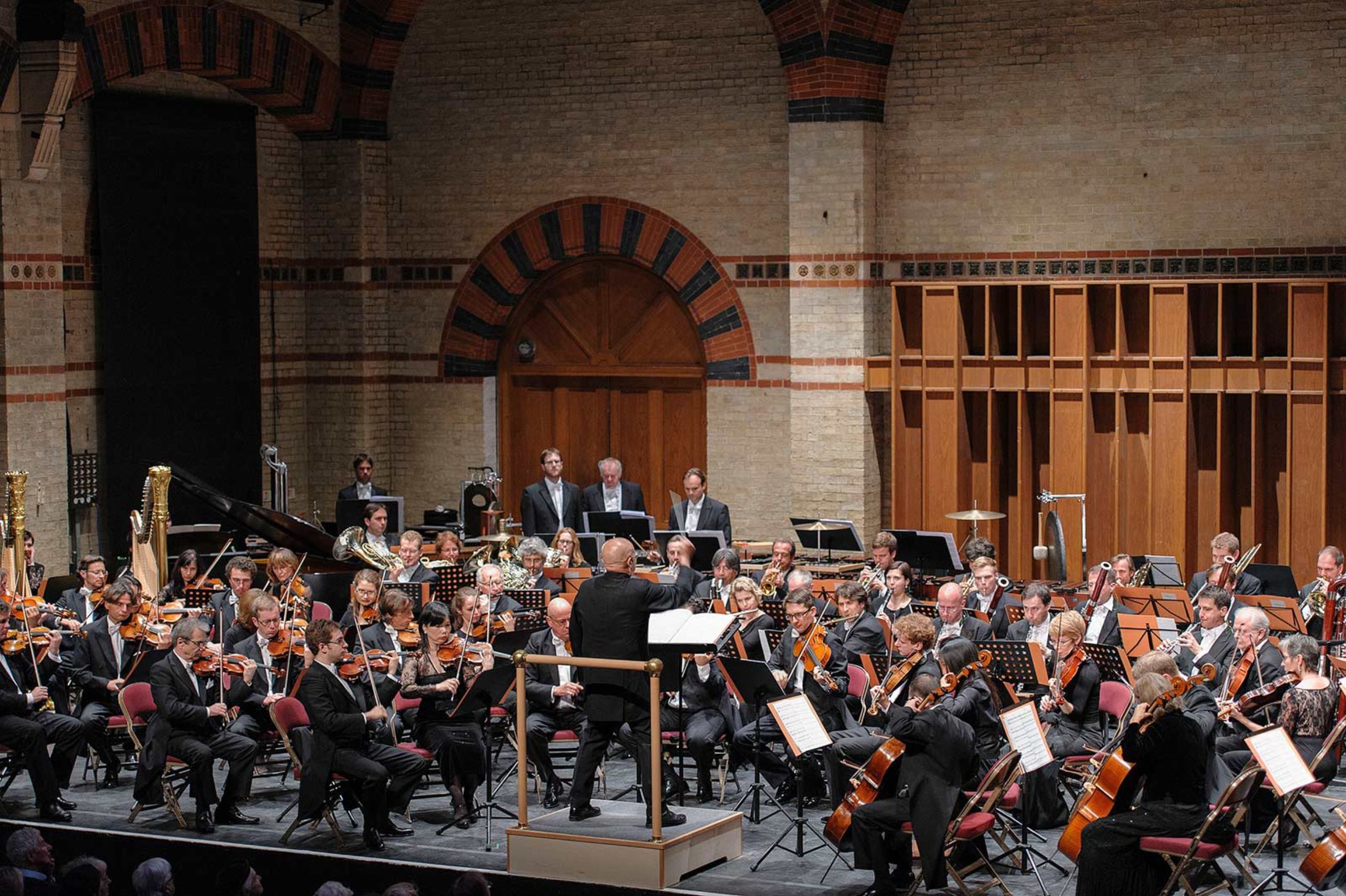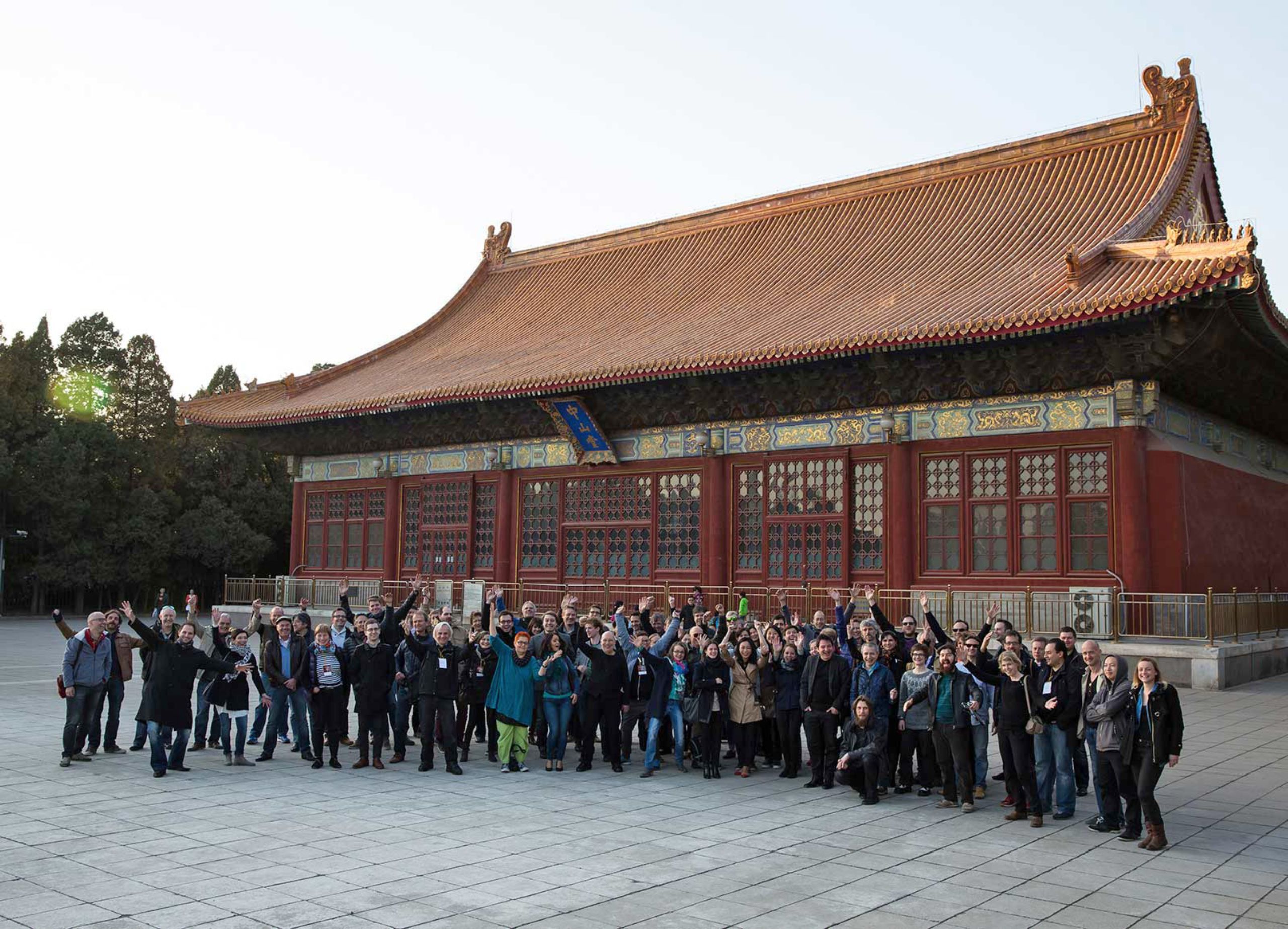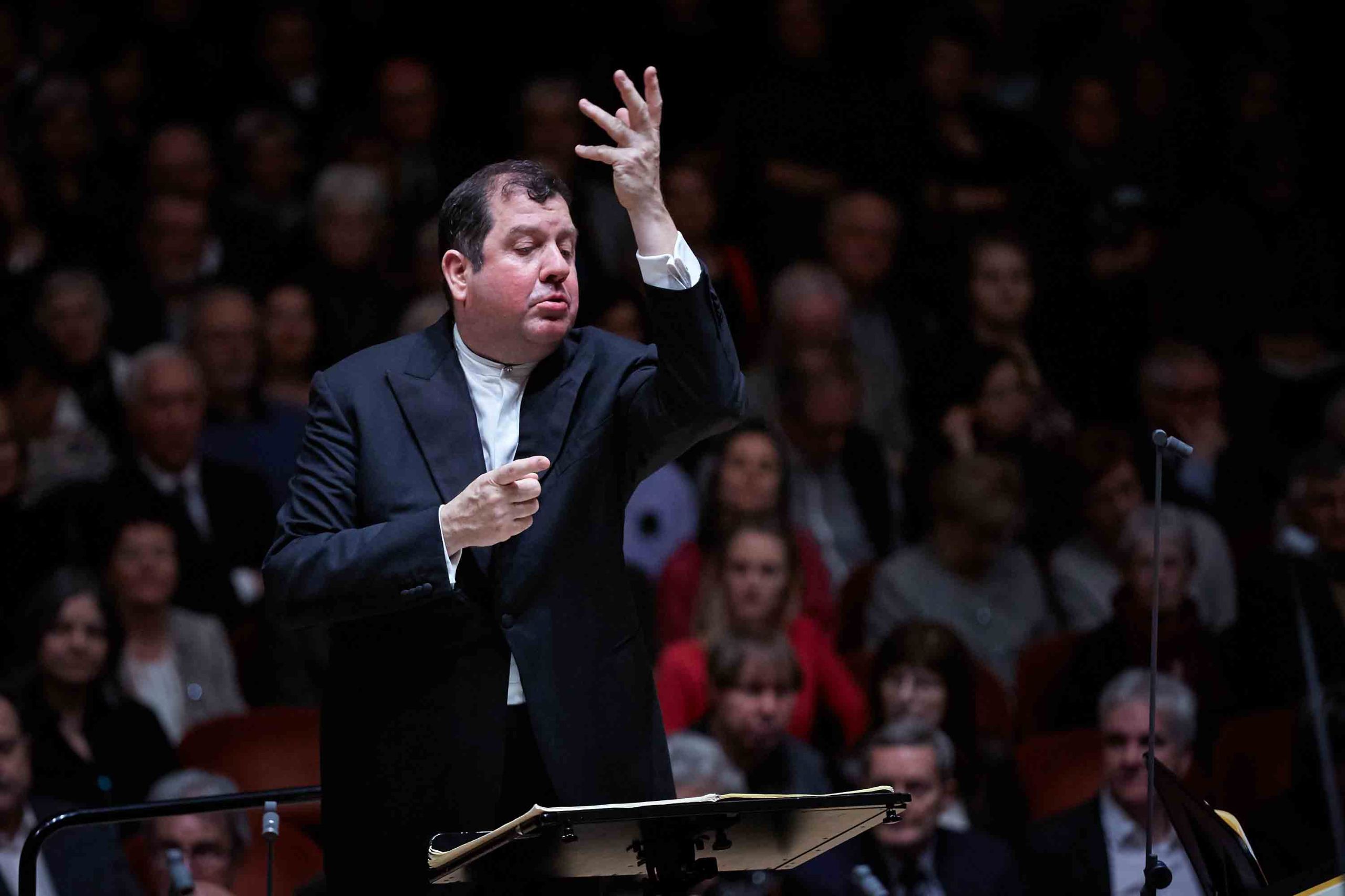From the Stiftung Basler Orchester to the Sinfonieorchester Basel
In 1989 the newly established Stiftung Basler Orchester took over the BOG's two orchestras. The Basler Sinfonie-Orchester and the Radio-Sinfonieorchester Basel continued their separate existences for nine years until 1997, when they were merged to form the Sinfonieorchester Basel. In 2012, following a reorientation phase, the Sinfonieorchester Basel severed ties with its long-standing event organizer AMG. Since then it has been entirely responsible for its own affairs, both artistic and commercial.
